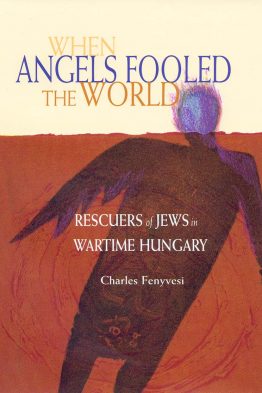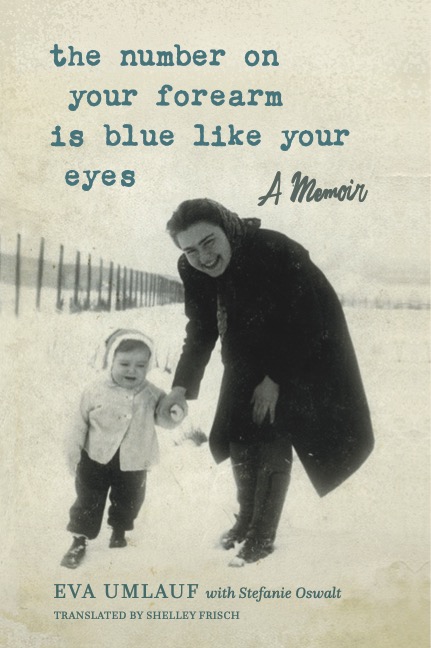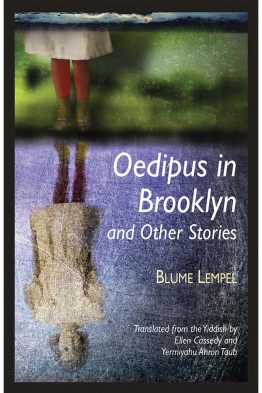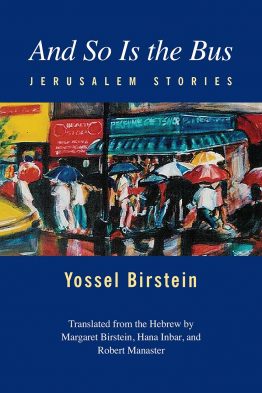Description
“My aim in this small book,” writes Herman Taube in the Afterword, “has been to acknowledge with gratitude the Uzbek people who during years of such immense stress — under Soviet occupation as they were and during a catastrophic war — were largely receptive to so many of Europe’s refugees, myself among them.” The book was in production when Herman (1918-2014), who had already corrected page proofs, died of heart failure.
While he has written about his wartime years in a number of books, among them the novel Kyzyl Kishlak/Refugee Village and in Looking Back, Going Forward, which brought together many poems and “poetic notes” — his lineated, cadenced, prose — about his years in Uzbekistan, the stories in this collection were largely written at different times during the 1940s and of course in Yiddish. Herman only came to English after he and Susan arrived in the United States in April 1947.
Having been written during and so soon after the war, the stories have an immediacy and rawness — they focus a lens on some of Herman’s experiences working in a medical clinic, after being released by the Soviets as a prisoner of war in Siberia. We get glimpses of day-to-day life, of Uzbek and Soviet officials, and of many who, despite the struggle to get from one day to the next, often demonstrated a generosity of spirit.
“Whether he is writing in Yiddish or English, whether he is expressing himself in prose or poetry, whether he is writing of Jerusalem, which he loves, or of Poland, from which he emigrated, or of the nightmares that still plague him, or of dreams in which he dares to indulge, what comes from the pen of Herman Taube flows from his heart.”
Herman Taube was the author of more than twenty books of poetry and fiction, among them, Between the Shadows: New and Selected Works, Autumn Travels, Devious Paths (essays on Yiddish writers, stories and poems); two novels, Kyzyl Kishlak/Refugee Village and My Baltimore Landsmen. Among his many activities, he lectured widely on Yiddish Literature, World War II and the Holocaust.





